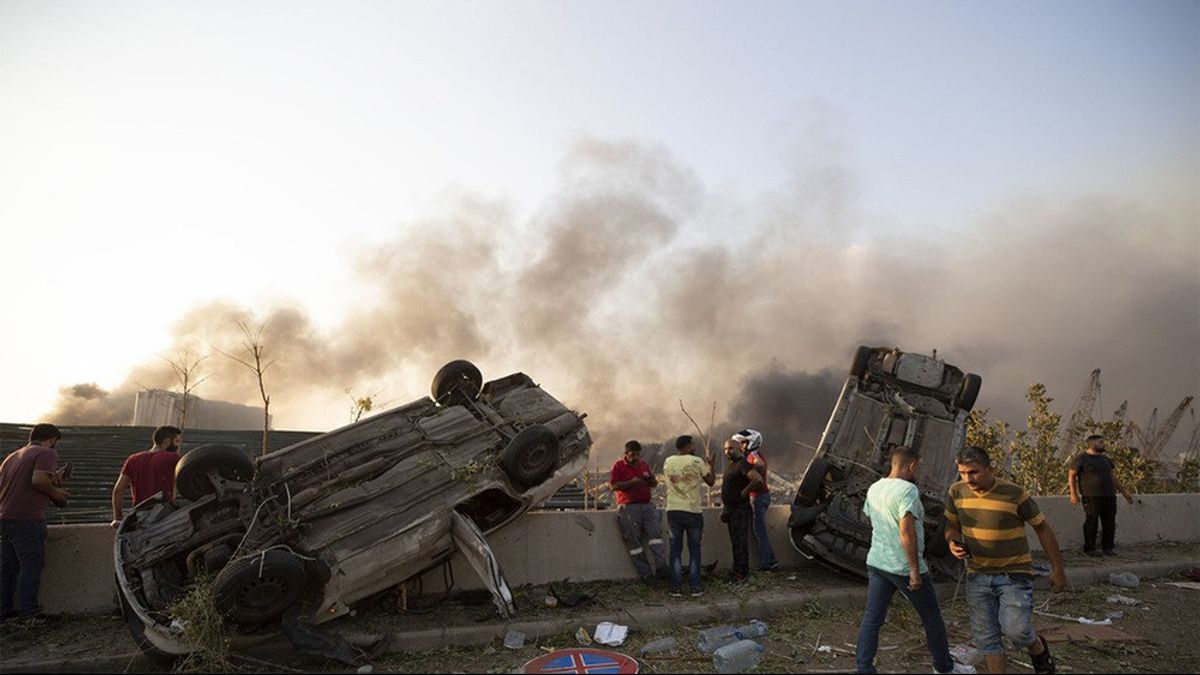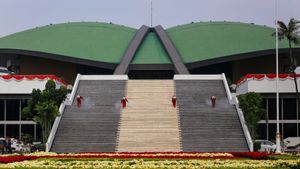JAKARTA - Beirut Governor Marwan Abboud said that the collective losses after the Beirut explosion on August 4 reached 10 to 15 billion US dollars (US). Abboud also said the amount includes direct and indirect losses related to the business. It is believed that the losses due to the explosion will trigger other crises caused by the limping of Beirut port.
Apart from the crisis caused by the Beirut explosion, Lebanon is also experiencing a food crisis. Abboud said they were facing a limited quantity of wheat. However, he still tried to be strong, saying the crisis could still be passed without international interference.
It is known that the explosion came from a warehouse that stored large amounts of ammonium nitrate. The explosion ravaged downtown Beirut. The radius of the explosion even reached Beirut airport, which was more than five miles from the scene of the explosion.
It is estimated that 200,000 people lost their homes. The number of fatalities could also continue to increase, with many reports of missing people.
The impact of the explosion is considered to be worsening the economic crisis in Lebanon which was already devastated before the explosion. How could it not be, the port of Beirut, which houses the country's only grain warehouse and receives 80% of imports, will be temporarily crippled.
“That's where wheat is stored, medicine is stored, fuel is stored. Now everything is gone, ”said one of the victims, Fatima Al Mahmoud.
Crisis waveLebanon's economy is on the brink of collapse. Since October 2019 more than one million protesters in a country of about 6 million people have taken to the streets.
They direct anger at inefficient government services. Not to mention the question of alleged corruption in Lebanon's patronage-based political system, interference from foreign countries such as Iran and the worst economic crisis since 1990.
The closure of government activities in response to the COVID-19 pandemic put a stop to Lebanon's protest movement, but it also has an impact on their economy. One in three Lebanese is unemployed, the currency has lost 80 percent of its value against the dollar since last fall.
Meanwhile the main electricity facility is only available for a few hours each day. One report shows that nearly one million people in Beirut do not have money to buy food.
The English, Chinese, Japanese, Arabic, and French versions are automatically generated by the AI. So there may still be inaccuracies in translating, please always see Indonesian as our main language. (system supported by DigitalSiber.id)













